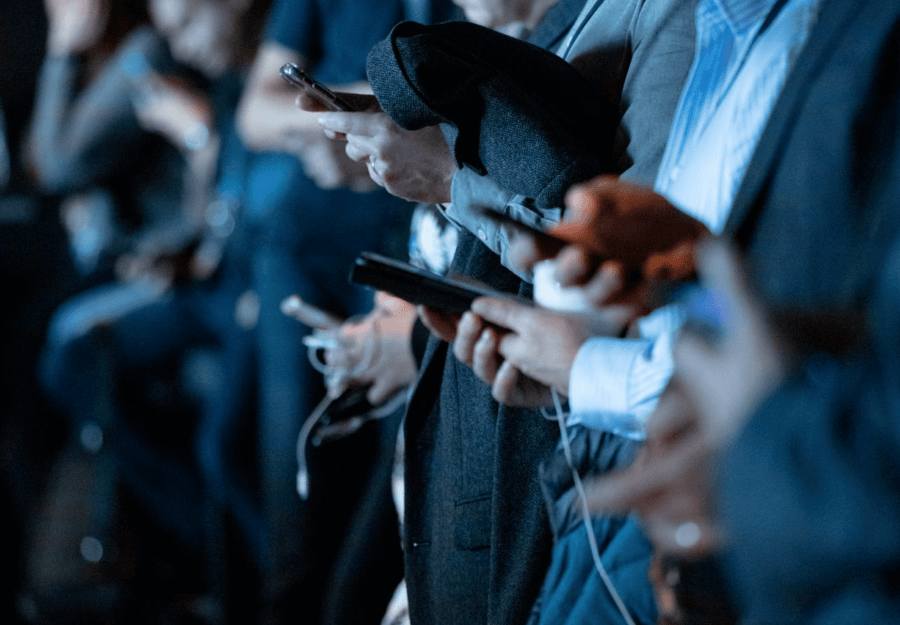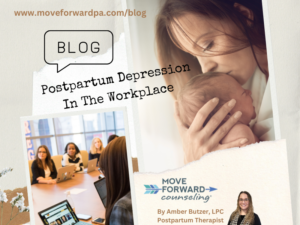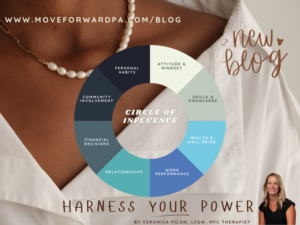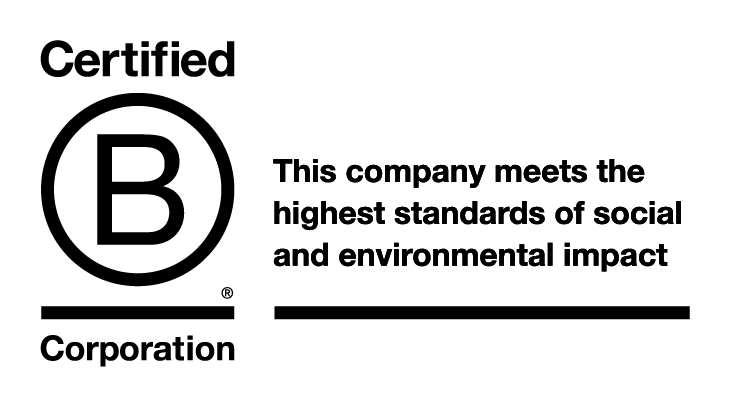Have you ever felt inadequate, unsuccessful, discouraged, or just plain bad about yourself after getting off social media? Maybe you don’t feel like you are enough. Maybe you feel like you aren’t doing as much as your friends or family. Or, maybe you are wondering why your relationships don’t look the same as others.
The rise of social media over the past decade has led to a culture of comparing and contrasting. We are so used to seeing the “successes” of others on the internet that we fear we aren’t living our best life. We are constantly questioning our life decisions, our skills, our career, and family paths because we are immersed in visions of other’s lives.
Fairytale Vs. Reality
The problem with social media is most people don’t post every little thing about their lives. Some do, but most only post the good things that are happening—a sort of online highlight reel. They share major accomplishments or big life changes. They talk about things they are excited about—a new job, the birth of a child, photoshopped family photos, and that cute little puppy they just adopted. This doesn’t give an accurate picture of their reality which, in turn, can cloud our perspective of what a successful life looks like. We aren’t seeing the struggles and failures that are so often hidden behind closed doors.
Some of the most common issues facing people’s mental health this past year were imposter syndrome and perfectionism, according to a Huffington Post article. Both, of which, have a lot to do with this social media comparison culture.

Imposter Syndrome and Perfectionism
If you haven’t heard the term before, imposter syndrome refers to feeling like you don’t deserve the success that you have. Or feeling inadequate despite your success. For example, you might see yourself as “a mediocre cook” even though you just scored a position as head chef for a five-star restaurant. When you feel like an imposter to your reality you frequently feel self-doubt, making it difficult to be content and happy.
The online highlight reel of social media has also contributed to the idea that perfection is attainable and necessary. When we always see the good things, without the bad, it begins to look a lot like perfection. And, we want to achieve that for ourselves. But perfectionism is impossible. It is an unreachable bar to set for ourselves, only leading to more stress and feelings of inadequacy.

What To Do About It
The first step to ending the comparison game is to realize it is happening. Maybe you read this post and something clicked, “that sounds like me.” Or “maybe that is why I feel so down.”
Next, take notice of your triggers. Are there certain people that trigger envious feelings or make you feel inferior? Recognize that trigger and avoid it. It can be easy to go down a slippery slope. Delete them from your app, silence or unfriend them, or delete the app altogether.
Reduce your time on social media. Take the time to disconnect. Put the phone away, delete the app for a few weeks to give yourself a break and see how you feel. Embrace quiet times instead of hiding in your phone. We don’t always need a distraction. Instead, focus on being more mindful.

Not All Bad
Social media isn’t all bad. There are some good things. It helps to foster connection, support, and create community so that we feel less alone in certain struggles. Just be aware of how you are feeling when on these networks and how you feel afterward. Be aware of when you are making comparisons and remind yourself this isn’t the whole reality.
If you need guidance as to why you are making comparisons or how to stop, which often stems from something subconscious, consider seeking help from a licensed mental health professional. They can assist you in making healthy changes to feel happier in your own skin.




























